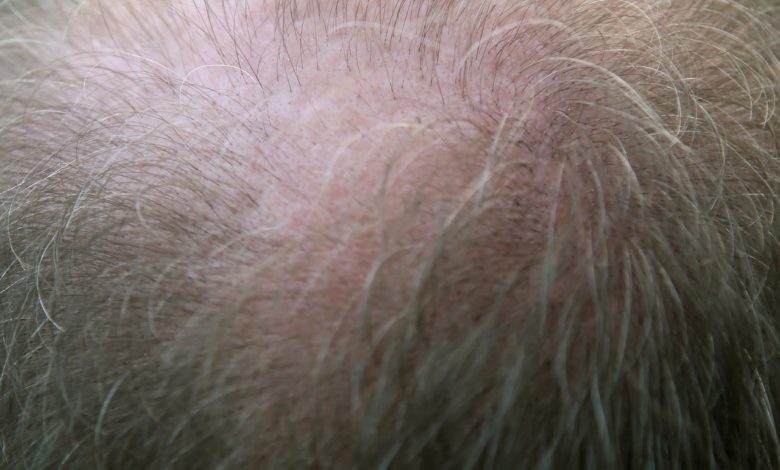Is Hair Transplant Halal Or Haram In Islam?



When a person who suffers from hair loss considers getting a hair transplant, the first thought that hits him is, “are hair transplant halal?” So, in this article, we will discuss hair transplants and also discuss whether a hair transplant is halal or haram. Therefore, till the end of this article, we will make a final decision about this topic.
What is a hair transplant?
Before judging the procedure, we must know what the procedure is all about and what the code of conduct for hair transplants in Islam is.
A hair transplant is a surgical procedure that is widely used these days to overcome bald heads. The procedure is highly recommended by doctors to patients who suffer from baldness and struggle with their self-confidence. Receiving a hair transplant will provide them with a complete look and a revived self-confidence.
There are two types of hair transplants:
- FUE Follicular Unit Extraction
- FUT Follicular Unit Transplant
The aforementioned types are used worldwide to make a difference.
How the transplant is performed?
The central idea of a hair transplant is removing the healthy hair follicles from the donor area and transplanting them into the recipient area.
However, the major difference between both methods is that during FUE, the hair follicles are extracted individually, one by one. On the other hand, during FUT a strip of the scalp is peeled off from the donor area from which later the hair follicles are separated for implantation.
Let me tell you one more important point, I.e. you might mistake a hair extension for a hair transplant but the concept of a hair extension is completely different.
What is a hair extension?
A hair extension refers to attaching the original hair of the client to the additional hair (made of synthetic or natural hair) to change the appearance of the hair.
Hair extensions and wigs are prohibited in Islam.
At the time of Prophet Muhammad PBUH, hair extensions were popular and used commonly.
A hadith narrates that the Prophet PBUH said: Allah has cursed the woman who adds hair extensions and the woman who asked for it to be done.” (Sahîh al-Bukhârî (5934) and Sahîh Muslim (2122)
Therefore, this hadith clearly states whether a hair transplant is halal or haram.
To be clearer, let me state that hair transplant in Islam is permissible in and halal. While adding hair extensions or wigs is haram and forbidden.
Why is hair extension haram?
A hair extension is attaching someone else’s hair or fake hair (synthetic hair) to your scalp or hair. On the other hand, a surgical transplant is relocating a person’s hair. As it involves removing the hair follicles from one area and implanting them on the front hairline.
Moreover, in the case of a hairpiece or wig, the hair used is not the person’s own hair. While a surgical hair transplant uses the patient’s own hair.
A hair extension is adding false hair to make the hair look beautiful and voluminous. It creates a false impression of beautified hair. Whereas the hair transplants are real and the transplanted hair can be cut, shaved, washed, and used like a person’s normal hair.
An area on the scalp that is completely or partially bald, or has spaced hair is used to treat during surgical hair transplantation. So, it is a medical treatment to cure hair fall. On the contrary, a wig or an extension is sometimes used as a fashion and to create a delusion of fancy and thick hair.
So, is hair transplant procedure halal?
In the light of hadith and Islamic rulings we can conclude that a hair transplant is a completely halal procedure as it follows the natural hair growth procedure after the treatment. You can discuss this topic with someone from a pioneer clinic of hair transplant in Islamabad which is Hair Club Islamabad.



